Bor, South Sudan — The Ministry of Water Resources and Irrigation (MWRI) has signed an agreement with the International Organization for Migration (IOM) to launch a major flood management and climate resilience project in Bor Town, Jonglei State.
The initiative falls under the Regional Climate Resilience Program (RCRP) for Eastern and Southern Africa – Phase 1, funded by the World Bank, with a total ceiling of USD 8.5 million.
According to a joint statement issued on Tuesday, the project seeks to reduce flood vulnerability and climate-related risks through sustainable infrastructure, community engagement, and capacity-building.
Key components include the construction of a 10-kilometer primary dyke with gated culverts, rehabilitation and expansion of 95 kilometres of drainage channels, and stabilization of critical roads using erosion control measures.
It will also strengthen operation and maintenance systems, provide training for county engineers, and disseminate hazard maps to support preparedness planning.
“This partnership demonstrates our firm commitment to protect communities from the devastating effects of floods and climate change,” said Achier Manyuat John, Undersecretary of MWRI. “Through these interventions, we are strengthening Bor Town’s resilience, improving water and sanitation services, and empowering local communities.”
Vijaya Souri, IOM Chief of Mission in South Sudan, said the project reflects IOM’s broader commitment to durable climate solutions.
“We are proud to work with the ministry to help communities in Bor build long-term resilience. This initiative links lifesaving flood management with sustainable development for those most affected by climate shocks,” he said.
The project is expected to benefit about 70% of Bor Town’s population, safeguarding lives and livelihoods while promoting adaptive infrastructure and sustainable practices.
In South Sudan, the RCRP supports climate-resilient livelihoods, water resource management, early warning systems, and knowledge sharing among flood-prone communities. It also adheres to World Bank environmental and social safeguards, ensuring strong accountability, labor standards, and community protection mechanisms.

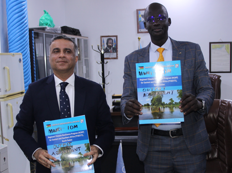



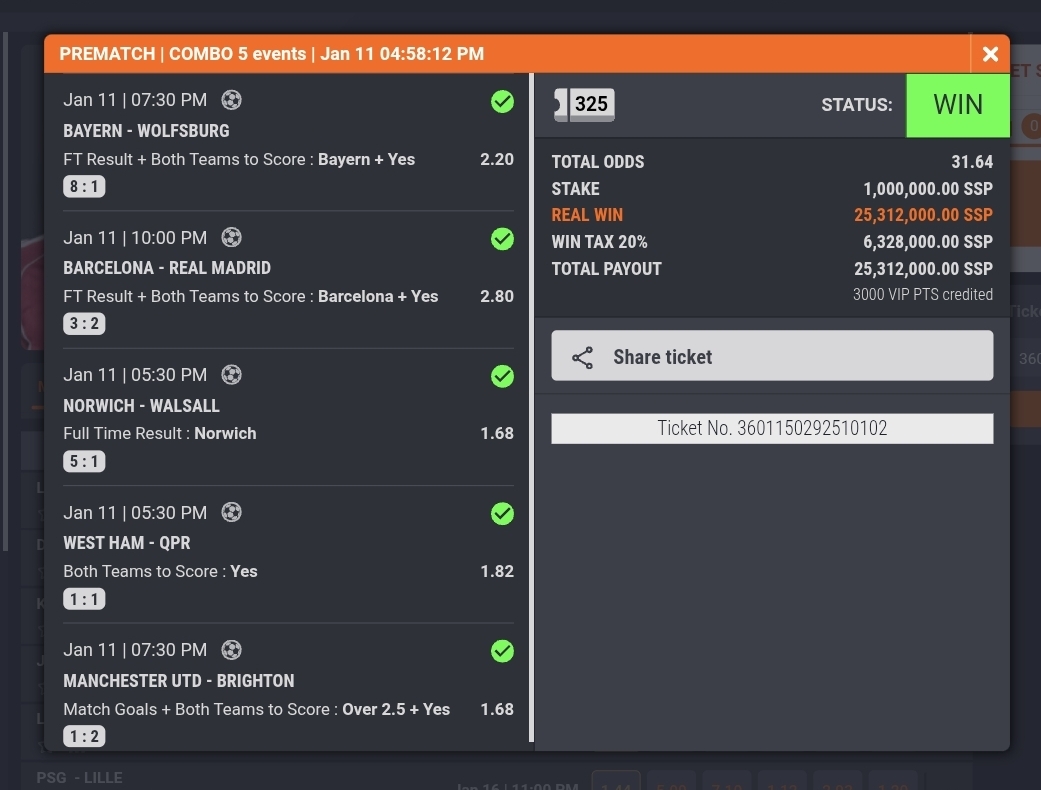
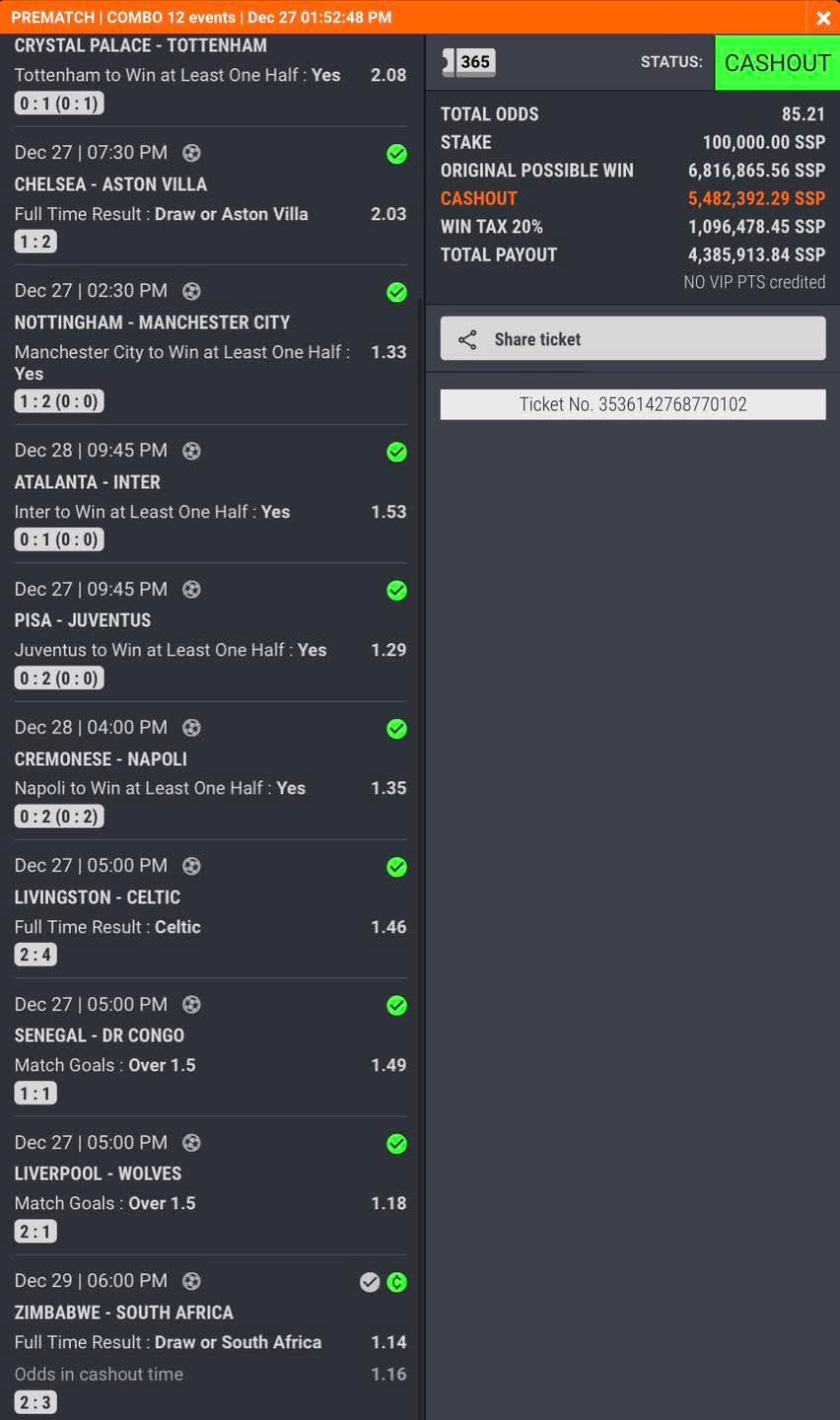
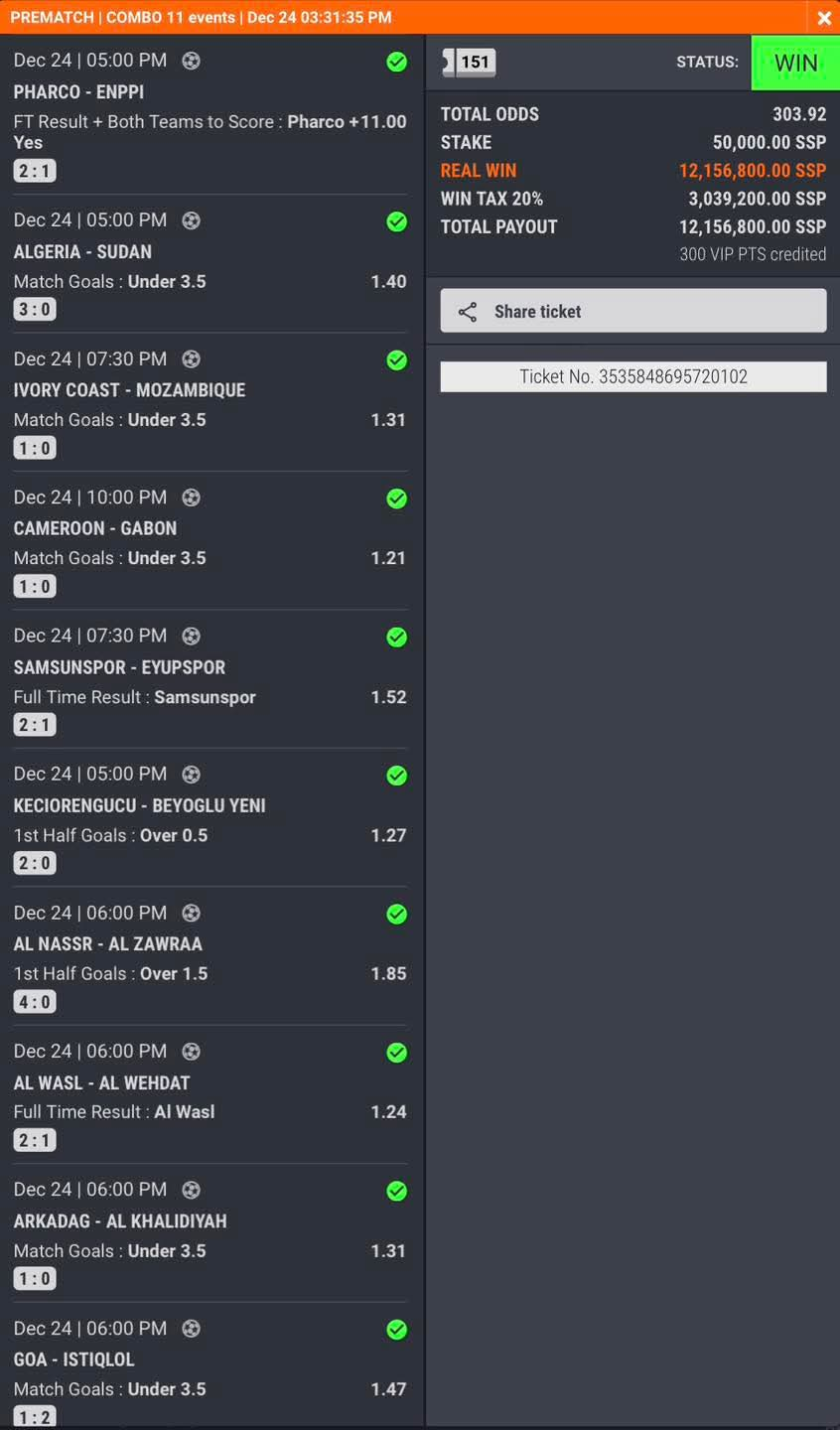
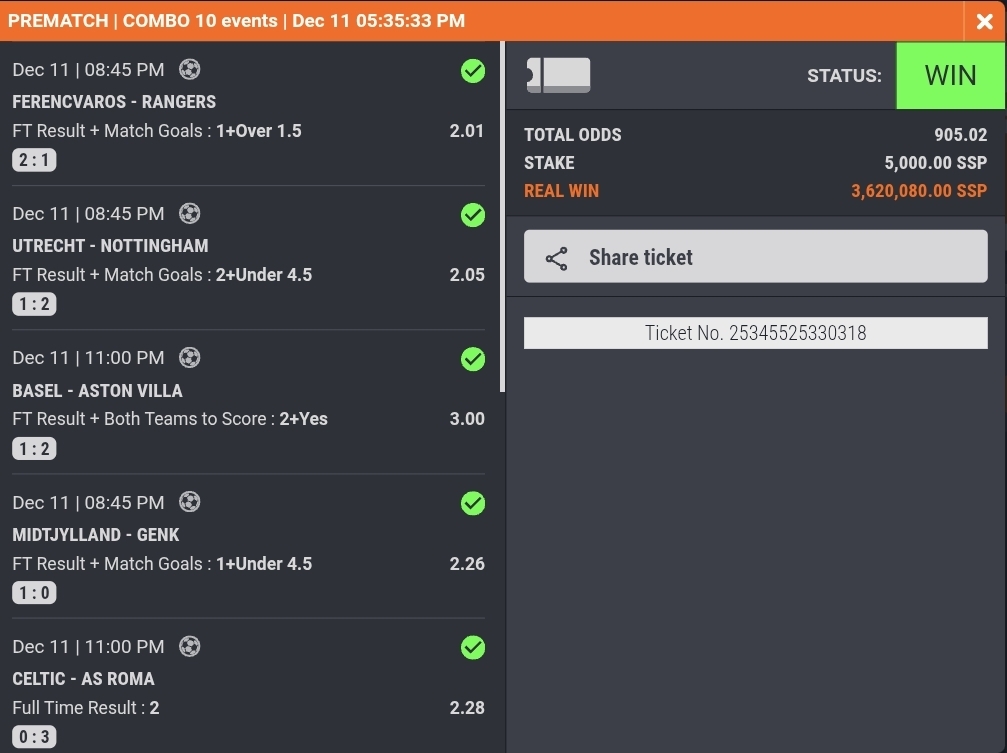



Leave a Reply